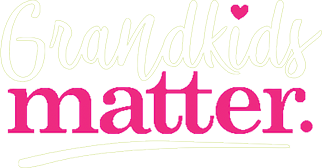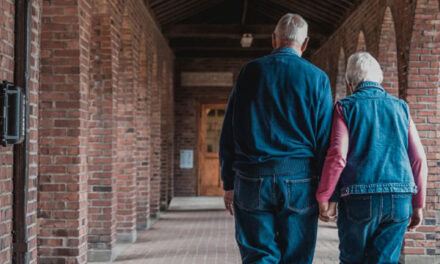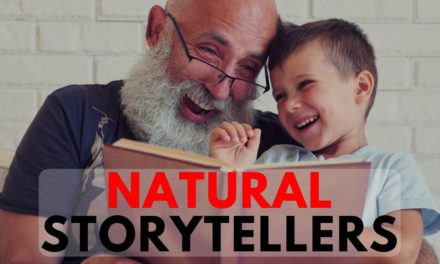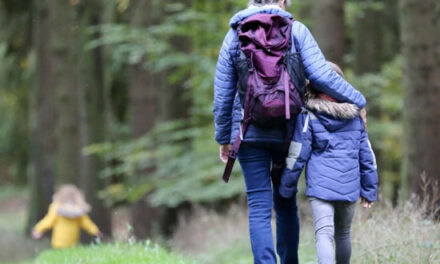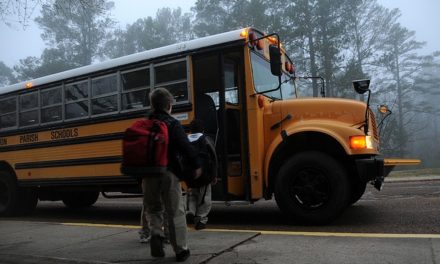If you have grandchildren who are just back in school or about to go back, I hope you realize that you can have a role in their education.
As grandparents, we can distinguish ourselves by making special and unique contributions during the school year that will help set them up for success this year and into the future. What exactly does that look like, and how can we focus our involvement?
The big principle is to share your educational heritage.
… just like you likely do in other areas of life. It’s clear from research that grandchildren who have a strong awareness of their heritage and have a concerned and involved grandparent will fare better, particularly during the adolescent years, as they take bold steps and seek to establish their identity. Here are three ways you can apply this to your grandkids’ education:
Tell stories.
Who was your favorite teacher, and why? In which subjects did you excel, and which was a challenge for you? What memories do you have from each grade along the way? Those stories and memories about anything good you gained in your education are a great way to convey how valuable education was for you and can also be for them.
Consider putting it in writing.
Maybe your most significant stories and pieces of encouragement can be written down and sent in a letter or given in a note or card. I believe our written messages can take on a keepsake quality, because handwritten notes are so rare these days and they carry a special significance since it’s something tangible the grandchild can hold, with his or her name at the top and your signature at the bottom. Maybe best of all, it will likely be read over and over.
Stay tuned in.
Your unique perspective on life and history will likely open avenues of connection with your grandkids because of various assignments they bring home. They may need to interview someone of a certain age or with a unique experience, chart their family history, or compare inherited traits while studying genetic markers in science. Teachers also seem to be more proactive about helping students write their life histories. You never know what conversation or lesson will ignite a passion or become a foundation that they build upon as they select future vocations, establish goals and ideals that will guide them throughout life. So be ready to engage and assist!
Also, part of tuning in is being interested and asking lots of questions. Research notes that one of the significant questions you can ask a child during the learning years—kindergarten all the way through graduate school—is, “Tell me about what happens at school.” Have him or her describe the events of their school day or course work in as much detail as possible. Probe further and ask about favorite teachers, friends, frustrations, challenges and so on. These questions and your genuine interest will open up conversations and let your grandchild know that you really care.
(Another great way to learn more about their school day is to volunteer a day there. Get involved through the WATCH D.O.G.S. program or contact your grandchild’s school to make it happen.)
Grandparents, don’t forget that teaching is part of your role, even if it often happens in the background. As you contribute to your grandchildren’s education, you are building reference points for future discussions you will have with them at the next family gathering or one-on-one outing together.
Experience is a great teacher, especially when children can learn from other’s experiences. But too often it doesn’t’ happen because those experiences haven’t been passed on in a meaningful way. Let’s take the opportunity this school year to be bold in sharing our life and history with our grands.
How are you involved in your grandchild’s education? Share what works for you so other grandparents can benefit. Just go to our Facebook page.
